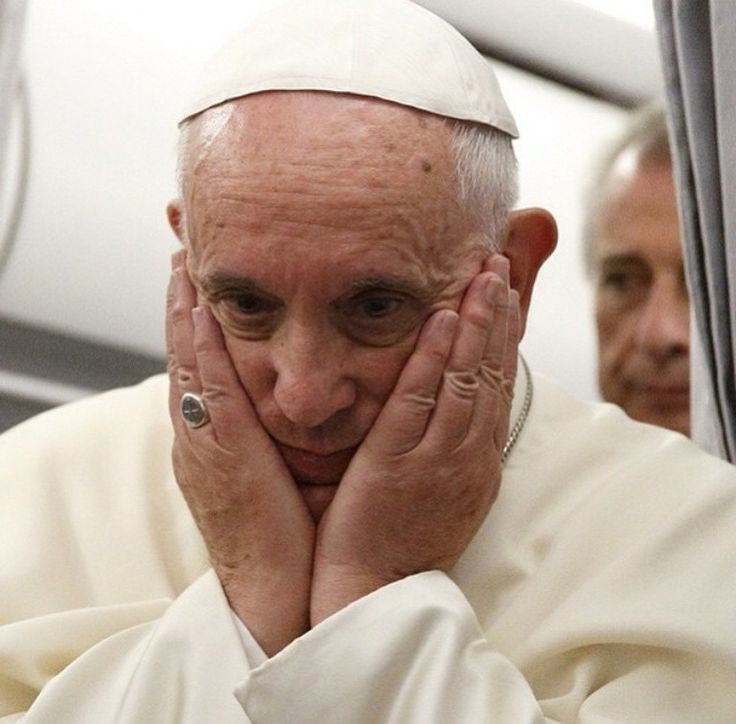The Evolving Landscape of LGBTQ+ Rights in the Catholic Church and Africa
Introduction:
The Catholic Church, known for its steadfast adherence to traditional teachings, has recently witnessed a significant shift in its stance on LGBTQ+ rights. Pope Francis, known for his progressive views, has approved blessings for same-sex couples under certain conditions, marking a departure from the church’s historical position. This landmark decision has sparked intense debate and raised fundamental questions about the intersection of religious doctrine, cultural norms, and human rights, particularly in the context of Africa, where LGBTQ+ rights face staunch opposition.
Did God Change?
For centuries, the Catholic Church has upheld the belief that God’s teachings are immutable and timeless. The notion of “God doesn’t bless sin” has been a cornerstone of Catholic doctrine, emphasizing the divine condemnation of certain behaviors deemed sinful. However, Pope Francis’s recent decision to allow blessings for same-sex couples has challenged this traditional view, prompting a reevaluation of how the church interprets and applies divine teachings in a rapidly changing world.
Cultural Crossroads and Division:
Africa, with its rich cultural diversity and deeply entrenched religious beliefs, presents a unique challenge to the Catholic Church’s evolving stance on LGBTQ+ rights. The continent’s traditional values often clash with more progressive views on gender and sexuality, leading to cultural crossroads and potential divisions within the church and Christianity as a whole. African bishops, reflecting the conservative attitudes prevalent in many African societies, have vehemently opposed same-sex marriage and blessings, citing cultural norms and religious teachings.
Impact on the Church and Christianity:
The approval of blessings for same-sex couples has ignited a debate within the Catholic Church and broader Christianity about the interpretation of scripture, the authority of religious institutions, and the rights of LGBTQ+ individuals. It has raised questions about the church’s ability to adapt to societal changes while maintaining its core beliefs. This shift in stance has the potential to deepen existing divisions within the church and may lead to a reevaluation of the church’s role in addressing contemporary social issues.
Conclusion:
The evolving landscape of LGBTQ+ rights in the Catholic Church and Africa represents a pivotal moment in the history of Christianity. It challenges traditional beliefs, sparks internal debates, and highlights the complex interplay between religion, culture, and human rights. As the church navigates these challenges, it must strive to find a balance between upholding its core teachings and embracing inclusivity and compassion towards all individuals, regardless of their sexual orientation or gender identity.
